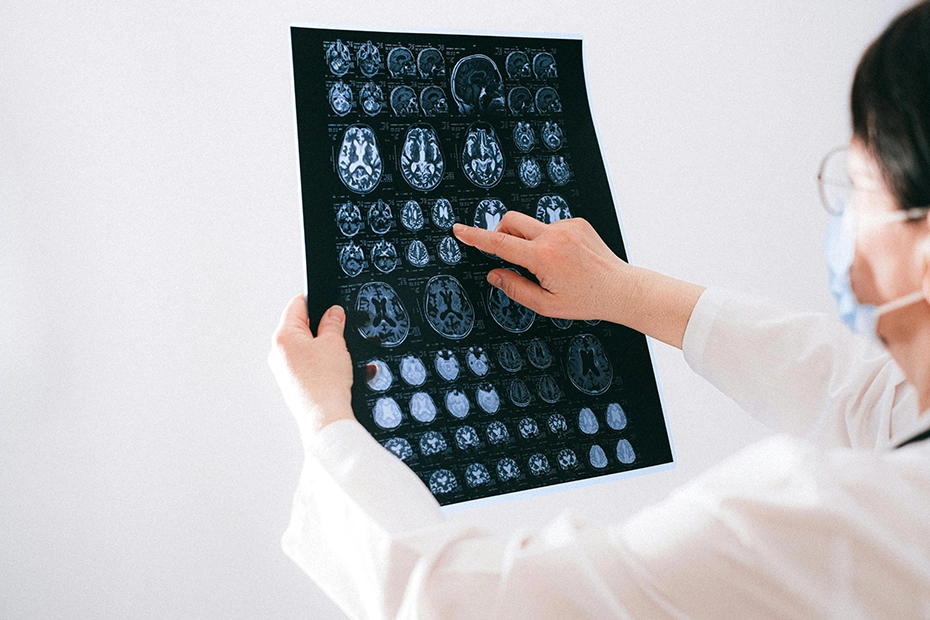Before the development of more advanced neuroimaging techniques, a definitive diagnosis of dementia could only be made after the death of the patient, when an autopsy revealed characteristic changes in the brain.
Category: Tips
The importance of cognitive fitness: Why some individuals do not show signs of dementia despite the brain changes characteristic of Alzheimer’s disease
Sleep as a key mechanism for regeneration and longevity
In modern sleep science, which has undergone remarkable developments in recent decades, it is becoming increasingly clear that sleep is not just a process of rest, but a central factor that supports health and longevity. Research led by Matthew Walker from the University of California has revealed the multifaceted effects of sleep – from genetic and cellular processes to its impact on brain function, social behaviour and the health of society as a whole.
Prevention strategies can be very effective in reducing the risk of developing dementia
Alzheimer’s dementia (AD) is the most common form of dementia and affects around 20% of people over the age of 65 in Slovenia. The prevalence of AD is expected to double by 2050.


